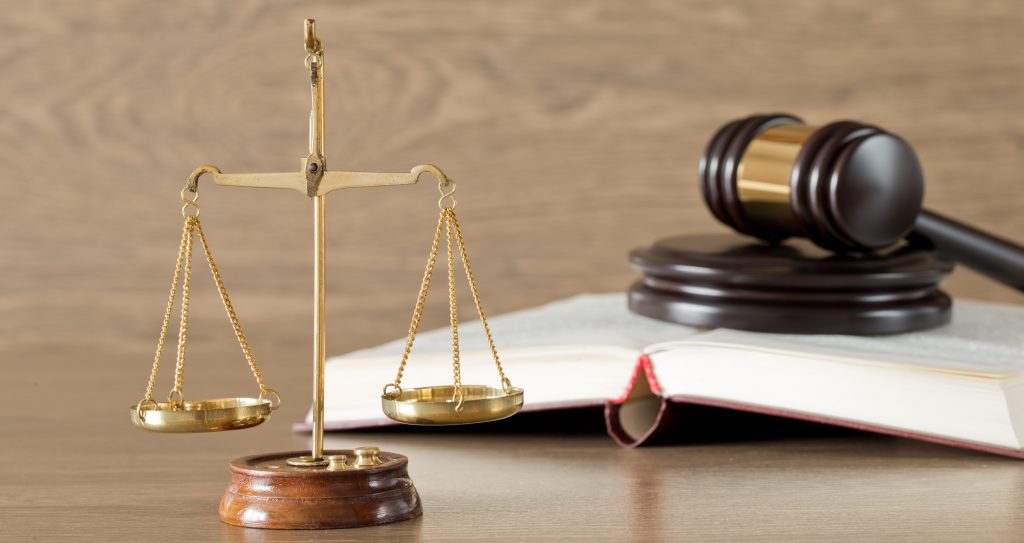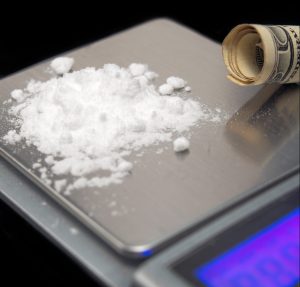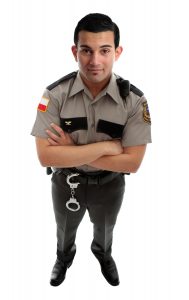
Criminal Defense Law Firm 317-636-7514
Regardless of why you might need or want a copy of your criminal record, obtaining one is not as clear-cut as you might assume. There is no collective, national database that stores your complete criminal history. So if you want a full report, you will need to know where to look. Continue reading to learn how to obtain a copy of your criminal record.
Local, State, and Federal Records
As mentioned, there is no cumulative database for your criminal records. Depending on the counties and states you have offenses in, you may need to look in multiple places to get a full copy of your criminal records. If you have only one infraction on your record, obtaining a full report is simple so long as you know which level of government your record falls under. Local records, state records, and federal records are all different.
Federal Offenses
Felonies are generally reported to the Federal Bureau of Investigation (FBI). If your conviction was a federal offense, you will need to visit the official FBI website and request a criminal history summary by filling out an application information form. This service is not free, and may cost up to $18 or more depending on current rates. You will need to send in a money order or certified check through the mail, or pay via electronic payment.
State and Local Offenses
For all other criminal offenses, you will need to contact the state or local authorities where your crime took place. The avenue in which to do this varies from place to place, so start by calling the Department of Justice or state law enforcement department. From there, they can get you in touch with the proper resources for obtaining a copy of your criminal records. The process of obtaining your state and local criminal records vary as well. However, you can expect to be asked to present payment, identification, documentation, and more. It generally takes between 2 and 4 weeks to get results in the mail.
Indianapolis Criminal Defense

David E. Lewis Attorney at Law 317-636-7514
















